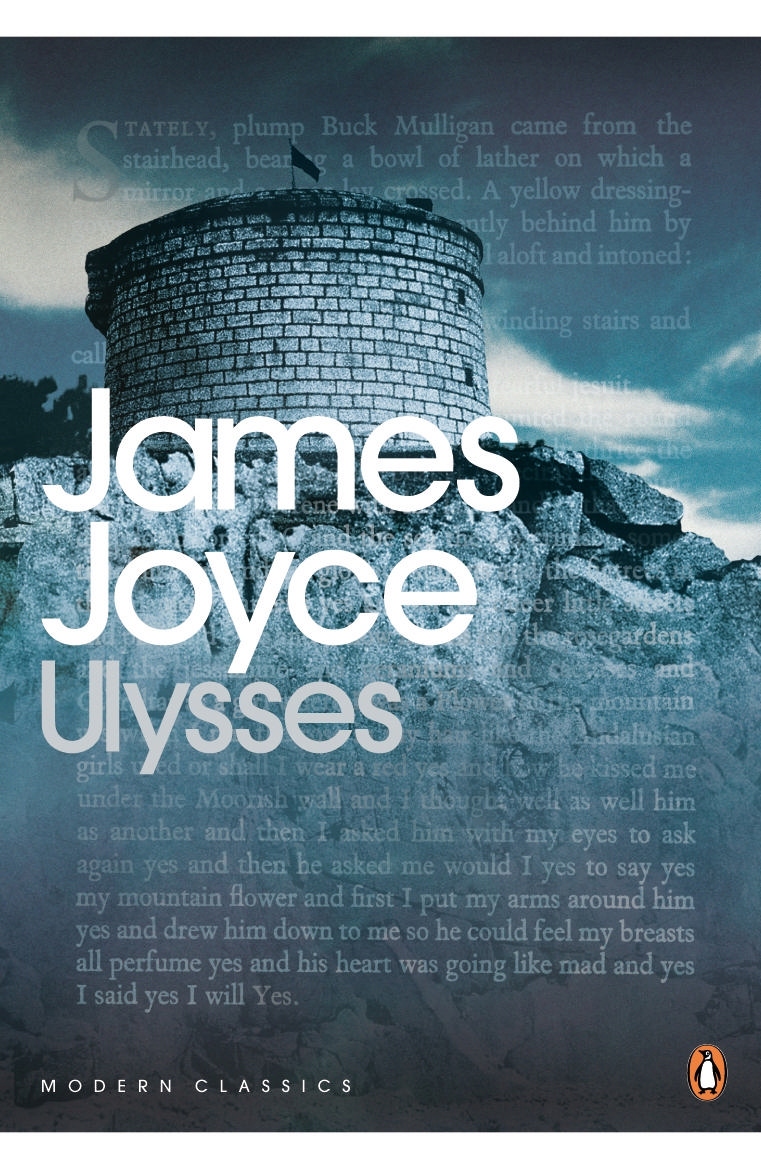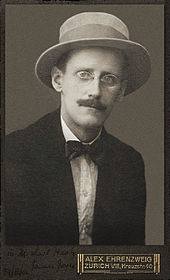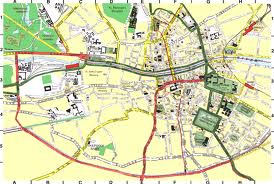On Australia Day when I mentioned our forthcoming trip to Ireland, the host asked me I had ever read Joyce’s ‘Ulysses,’ I confessed, ‘No.’ Deftly I parried this admission of ignorance by suggesting that she read it for her book club! The riposte, taking me by surprise, was ‘Let’s you and I read it!’ Being a polite guest, I dumbly nodded. Gulp, what had I got myself into? But a deal is a deal. A few days later I went shopping. The local bookstore, yes we still have one nearby, had three editions of ‘Ulysses,’ being a very high brow concern, and I took the one with the largest print (and ergo the most pages, 933 — 933 — of them).

I have since seen several other editions, one with 300 pages of notes explaining the allusions, double entendres, and literary references. T. S. Eliot poems come with footnotes, too, explaining the idiosyncratic and obscure implications, that’s why I gave up him until ‘“Cats” came along! Joyce has yet had no such redemption.
As a rule I do not comment publicly on books I cannot be positive about but in recognition of the reputation of this book and the effort it took to read it, I make an exception.
Here I am nearly four weeks later at the end of a long and dutiful (a deal is a deal) march through those 933 pages of Joyceprose. [Calm down, editors, I am imitating Joyce’s style of run-on words, run-on sentences, missing objects after transitive verbs, et beaucoup plus [to imitate his gratuitous spicing of foreign terms]. These notes gather my thoughts.
 This novel is usually described as modern, as in modernist, and his technique is equally, commonly described as stream of consciousness. I felt ready for both. I have a read a lot of modern novels, and the modernist ones among them were incomprehensible as I comprehended them. Alain Robbe-Grillet, Juan Louis Borges, Samuel Beckett, Luigi Pirandello, Robert Musil, Virginia Wolfe with their discontinuous story lines, the unreliable narrators, multiple points of view, unattributed dialgoue, the elaborate but meaninglessness red herrings, the inwardness, the self-referential, and meandering nothingness. (Starting to sound like a curriculum committee meeting.)
This novel is usually described as modern, as in modernist, and his technique is equally, commonly described as stream of consciousness. I felt ready for both. I have a read a lot of modern novels, and the modernist ones among them were incomprehensible as I comprehended them. Alain Robbe-Grillet, Juan Louis Borges, Samuel Beckett, Luigi Pirandello, Robert Musil, Virginia Wolfe with their discontinuous story lines, the unreliable narrators, multiple points of view, unattributed dialgoue, the elaborate but meaninglessness red herrings, the inwardness, the self-referential, and meandering nothingness. (Starting to sound like a curriculum committee meeting.)
I have also read plenty of streams of consciousness from William Faulkner (Benj in ‘The Sound and the Fury’), William Styron (Peyton in ‘Lie Down in Darkness’), and Thomas Wolfe (Eugene Gant in ‘Look Homeward, Angel). It is a technique that takes the reader into the mind, the world as seen by the mind, of a character as no other technique can do, and when it works, it is devastating, as it does in the three instances cited.
In ‘Ulysses’ in the early pages, I found the multiple voices and the passing-through conversations on the street interesting, as the parallel conversations in Robert Altman’s film ‘Nashville’ and the cryptic quality of some of the early remarks, incidents, observation were intriguing, think Gene Hackman in ‘The Conversation.’ In contrast to these films, however, in this modernist novel it is all technique and no payoff. Just showing off. Then after 900 pages Bloom goes to bed, disturbing his wife Molly’s lumber and her half-awake mostly asleep thoughts are the soliloquy that ends the novel in 60 pages without punctuation, apart from two randomly placed carriage returns.
As with an actor who speaks bad lines badly, we cannot hold the actor wholly responsible, after all a producer and a director allowed it to happen, and the writer who wrote the lines must be guilty. The same mitigation cannot be said for Joyce’s publisher.
Then there are the legions of admirers and enthusiasts like Frank Delany whose podcasts I listened to for a while, seventy episodes, yes 70, as he unpacked each and every reference in the text word-by-word, line-by-line, page-by-page, nearly all them minuscule, pointless, and adolescent. (Indeed, I thought Delany over-interpreted the text often making something out of nothing in the manner of a Phd dissertation, or those people who see human profiles in clouds.) In all, the book brought to mind Jean-Jacques Rousseau’s petty vindictiveness in his ‘Confessions,’ though Rousseau is even when spiteful in his dotage a wonderful stylist to be envied, unlike Joyce who seems to be determined to compensate for …. by being as deliberately naughty as possible, though the naughty in 1921 is trivial in 2014. It is in short an unremitting and totally self-indulgent memorandum of alienation from everyone and everything by someone privileged enough not to work on a farm or in a factory. An ordinary day with ordinary people, it is not, though that is often said of it. Ordinary people are much more purposeful and I rather doubt any of them would read this novel.
I did like one passage in particular, when one character muses on the differences between Romans and Jews in the ancient middle east. Jews come to a hill top, meditate and decide to build a majestic temple to the glory of god. Romans come to a like hill top … and decide to build … a toilet.
I am sure all the Irish have it in the genetic code to defend, if not truly to enjoy, James Joyce’s novels. So be it.
When we visit Dublin we will do a tour of some James Joyce and Ulysses sites to recoup a little on my investment.
 I did get something out of the three weeks I spent with the book, putting aside all other reading to concentrate soley on it, and that is the right to strut on Bloom’s day next. (Joyceans will get it, and the rest will not.) Oh, I also got a strong desire not to read anymore James Joyce. ‘Finnigan’s Wake,’ which I am told is even more modernist than ‘Ulysess’ (which claims without ground an affinity with the eternal story of Homer)! Some people think that is a recommendation but I am not among their number. To me modernist means lack of punctuation, contempt for readers, and self-indulgence.
I did get something out of the three weeks I spent with the book, putting aside all other reading to concentrate soley on it, and that is the right to strut on Bloom’s day next. (Joyceans will get it, and the rest will not.) Oh, I also got a strong desire not to read anymore James Joyce. ‘Finnigan’s Wake,’ which I am told is even more modernist than ‘Ulysess’ (which claims without ground an affinity with the eternal story of Homer)! Some people think that is a recommendation but I am not among their number. To me modernist means lack of punctuation, contempt for readers, and self-indulgence.
I do, however, have plenty of other Irish reading in mind before we travel.
Skip to content
